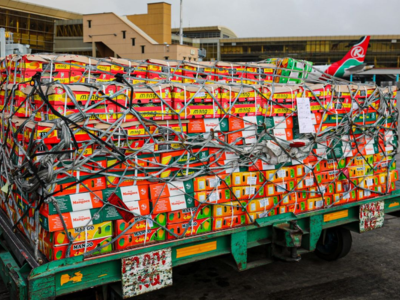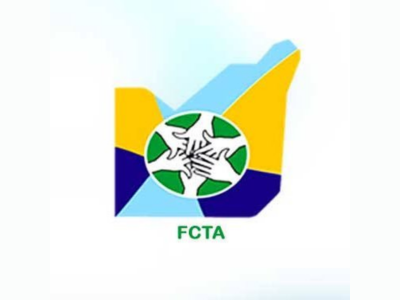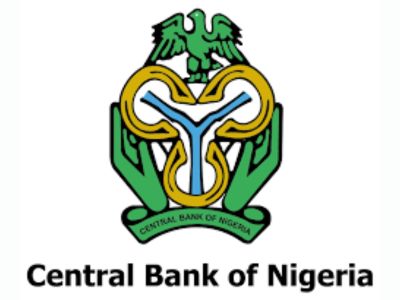CBN Injects $1.26bn for Fuel Imports Despite Dangote Refinery’s Rising Output
- by Editor.
- Oct 27, 2025

Credit:
Nigeria’s Central Bank disbursed $1.26 billion to support petroleum imports and related expenses in the first quarter of 2025 - even as domestic refining from the Dangote Refinery gains momentum; underscoring the oil sector’s enduring reliance on foreign exchange, despite efforts to pivot toward local production.
According to data from the Nigerian Midstream and Downstream Petroleum Regulatory Authority (NMDPRA), the funds—$457.83 million in January, $283.54 million in February, and $517.55 million in March—financed the importation of 2.28 billion liters of petrol. This quarterly volume is among the lowest in recent years, signaling a gradual shift toward domestic supply.
From August 2024 to early October, marketers sourced 69% of the 21 billion liters consumed nationwide from local refining, primarily the 650,000 barrels-per-day Dangote Refinery. The facility has begun exporting to markets including the United States, but import dynamics persist due to pricing and logistical factors.
Chinedu Ukadike, spokesperson for the Independent Petroleum Marketers Association of Nigeria, attributed the preference for imports to cost efficiency. “Margins are thin; we buy from whoever offers the lowest cost,” he said, citing naira volatility and global crude benchmarks as key influences.
NMDPRA figures show monthly import volumes of 724.5 million liters in January, 760 million in February, and 803.7 million in March. Meanwhile, the Major Energies Marketers Association of Nigeria pegged the import parity price for premium motor spirit at ₦805.46 per liter—down slightly amid stable global cues but still exerting pressure on Nigeria’s forex reserves, which recently dipped below $35 billion.
Dangote Refinery’s push to dominate the domestic market has stirred debate. Executives claim the facility can meet 100% of national demand and still export surplus, but importers argue that infrastructure gaps and existing contracts keep foreign supply relevant. “It’s not sentiment; it’s survival,” Ukadike added.
With national fuel consumption averaging 40 million liters daily, the Central Bank’s intervention highlights the sector’s historical forex appetite—estimated at $10 billion annually before Dangote’s entry. Reforms under the Petroleum Industry Act aim to reduce this burden, but critics, including the Nigerian Extractive Industries Transparency Initiative, are calling for transparent pricing frameworks that prioritize local refining and ease pressure on the naira.













0 Comment(s)